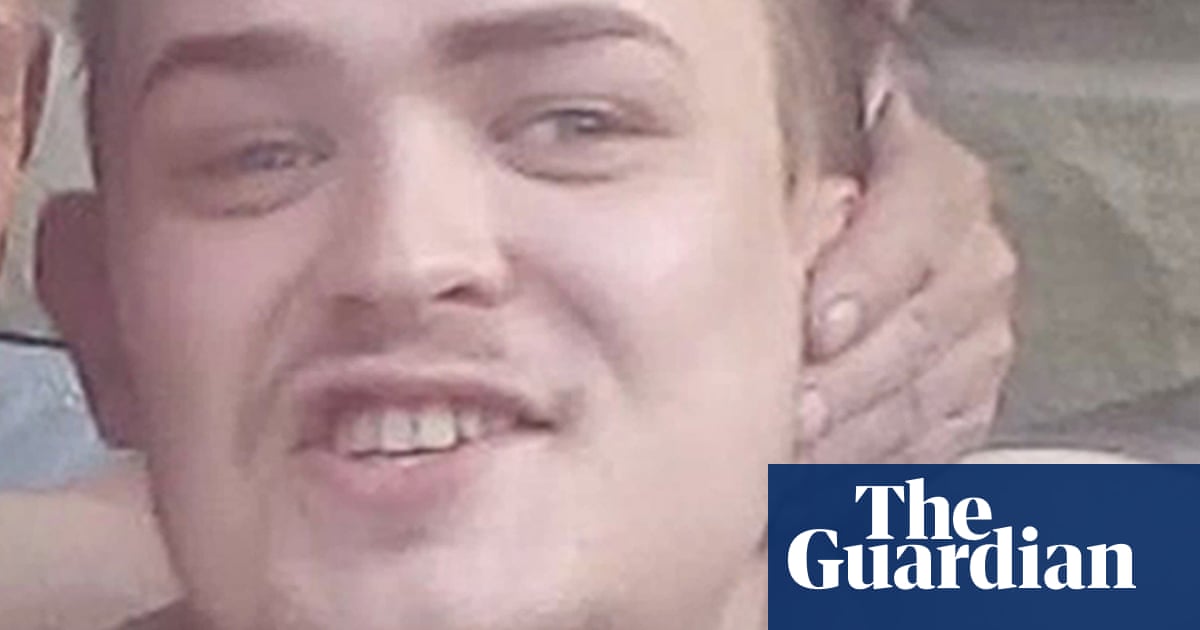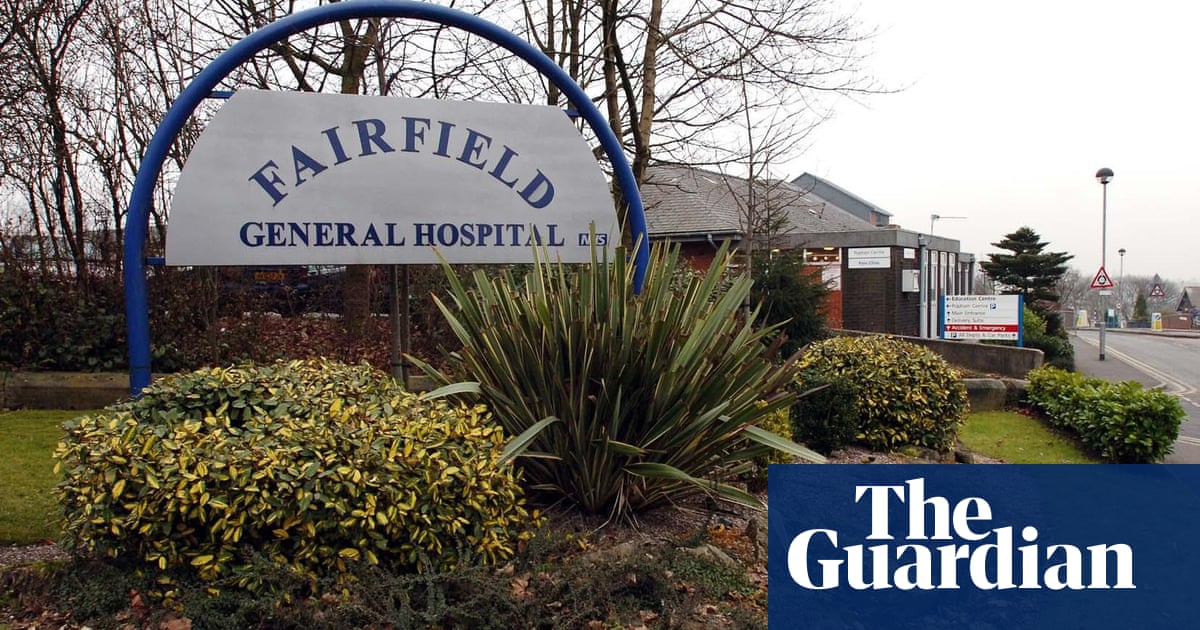
A senior coroner has expressed deep concern over the way police and mental health services dealt with the case of a vulnerable woman who fell from a railway bridge four months after reporting she had been raped.
Tamsin Dolamore, a 24-year-old carer, was found on the tracks near a railway station in Cornwall and died in hospital the following day having sustained head injuries and had a cardiac arrest.
During an inquest in Truro, it emerged there was a delay in appointing a sexual offences liaison officer to her case, and a shortage of detectives to investigate sexual attacks.
Though her GP had said her world had been “turned upside down” by the rape, she was not seen by mental health services and was told she would have to wait five or six months for help from charities that help survivors, because of pressure on their resources.
Andrew Cox, the senior coroner for Cornwall, said: “It is striking the extent to which she was left to deal with matters on her own. Rape has to be one of the most traumatic of crimes. Its survivors require and deserve immediate support and assistance. When she most needed it, Tamsin did not receive it. As a society we need to do better than this.”
Dolamore was described in court by her family as “kind and caring” but lacking in self-confidence, too trusting and a poor judge of character. She had been sexually assaulted as a schoolgirl and in the autumn of 2017 she reported to police that she had been raped, though she did not tell her family about either attack and they only found out after her death.
On the night of 8 January 2018, she left the home of a friend, Nick Midwood, after an argument and went to the bridge. He followed and dialled 999 when he saw her body on the tracks, telling the call handler: “I think she’s just jumped off the bridge.” Describing her as a “diamond”, he said he had “got a bit angry with her”.
One of the issues that the six-day inquest looked at was whether another party was involved in Dolamore’s death. The coroner asked Midwood directly if he had pushed her, and he replied: “No, I did not.” The coroner accepted this was true.
The inquest heard that a police investigator had been appointed to Dolamore’s case at the end of September 2017. It had been intended that a sexual offences liaison officer would be allocated at the same time but this did not happen until a month later.
The court heard there was still a shortage of officers working on rape inquires. In January there were about 600 rape or serious sexual assault cases ongoing in Devon and Cornwall. There were 40 detectives working on these cases, and 22 vacancies. Cox said he was troubled by this, adding: “This is bound to have an impact on the amount or quality of work that can be done.” He was told it could take up to six weeks for a video interview to take place.
Though Dolamore’s GP was concerned about her mental health, neither of the two organisations she was directed towards helped her. The first thought she presented with “too much risk for them”, while the community mental health team did not take her on.
She had “fallen between the two organisations”, the coroner said. “The mental health provision in this county falls significantly short of the need that exists.”
Cox praised the work of charities that work with victims and survivors, but noted they had waiting lists of up to six months. He said he was surprised that a “patchwork” of charitable support, rather than statutory services, did so much work for survivors.
It was revealed during the inquest that when the 999 call was made, it was wrongly categorised, which led to a delay of up to 27 minutes in reaching Dolamore – though the inquest was told her injuries were so serious that she could not have survived.
The coroner gave an open conclusion and said he would propose writing to the police about their staffing, and to the government on the issue of support for victims of sexual assaults.












